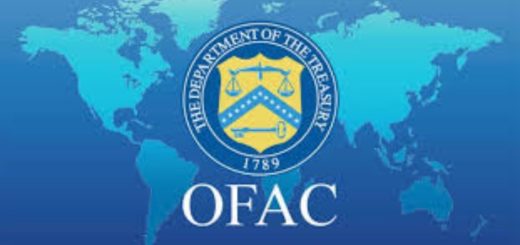New Podcast: Tom Fox and Michael Volkov — Why a Duck? Into the Compliance Soup with Tom Fox and Michael Volkov
I am proud to announce the launch of a new podcast with my friend and colleague, Tom Fox. In recognition of our mutual appreciation for the Marx Brothers and compliance, Tom and I decided to create a new podcast — Why a Duck? Into the Compliance Soup with Tom Fox and Michael Volkov. The first two episodes are available Here. In the first episode, Tom...
























